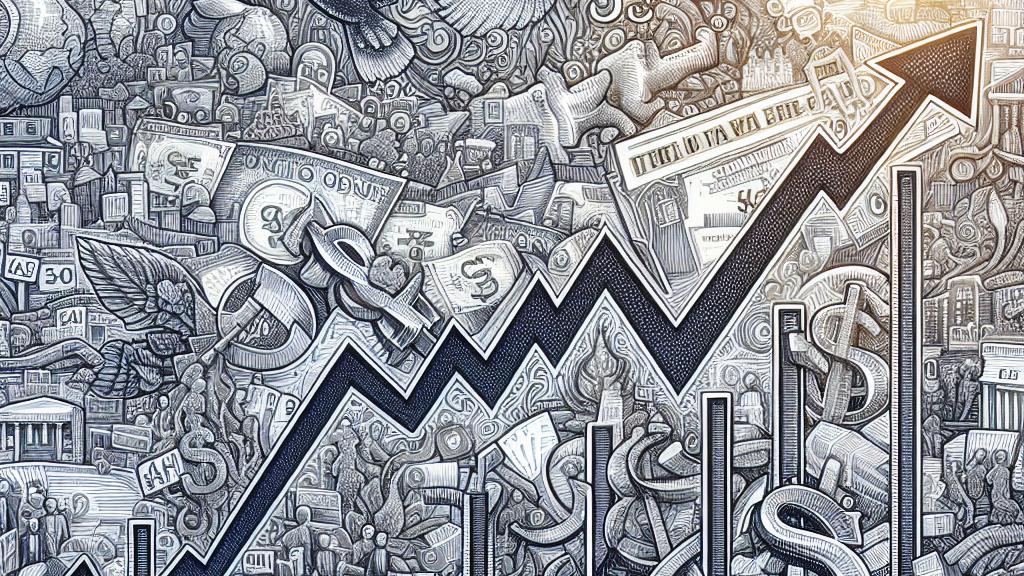Baht's Bold Climb: Is 34 the New Normal Against the Dollar?
Overview
- The Thai baht has recently surged to approximately 34 THB per USD, reaching a peak not seen in 13 months.
- The Bank of Thailand's decision to maintain a 2.5% policy rate is crucial in strengthening the baht.
- Analysts anticipate further appreciation of the baht, especially with expected cuts in US interest rates.

A Closer Look at the Thai Baht's Surge
In August 2024, Thailand's economy is witnessing a notable surge in its currency, the baht, as it approaches 34 THB per US dollar. This remarkable gain can be directly linked to the Bank of Thailand's choice to maintain its policy interest rate at a decade-high level of 2.5%. This decision fosters an environment of investor confidence, leading to increased capital inflows. The recent climb, highlighted by a peak of 34.06 THB to the dollar, represents the highest value the baht has achieved since July 2023. The broader context indicates that as the US dollar weakens—reflective of shifting market sentiments regarding the Federal Reserve's monetary policy—the baht gains traction alongside other Asian currencies.
Economic Predictions and Market Implications
Looking forward, economic analysts, including those at Kasikorn Research, project that the baht may stabilize within a narrow band of 34.00 to 34.20 THB against the dollar. The anticipation of the Federal Reserve tapering its high interest rates, currently at 5.25-5.5%, introduces prospects for further baht appreciation. As rates in the U.S. may decrease by 0.25 to 0.50 percentage points, analysts predict the baht could strengthen by an additional 0.70 to 1.4 THB per dollar. This potential appreciation is pivotal, as it not only supports foreign investments but also facilitates Thailand's economic recovery amidst high household debt and sluggish growth in recent years.
Government Challenges and Currency Management
As the baht strengthens, the Thai government must navigate the complexities of economic management, particularly with incoming Prime Minister Paetongtarn Shinawatra taking the helm. On one hand, Caretaker Finance Minister Pichai Chunhavajira asserts that the baht's increase reflects a growing investor confidence, which is vital for attracting foreign capital. However, with a backdrop of economic concerns—including political instability and past governmental pressures on the central bank—the new leadership may encounter challenges in balancing fiscal measures with the independence of the Bank of Thailand. The dynamic context of Thai politics, where past leaders have pushed for lower interest rates to boost growth, could lead to tensions that impact monetary policy and, subsequently, the value of the baht in the global market.

Loading...